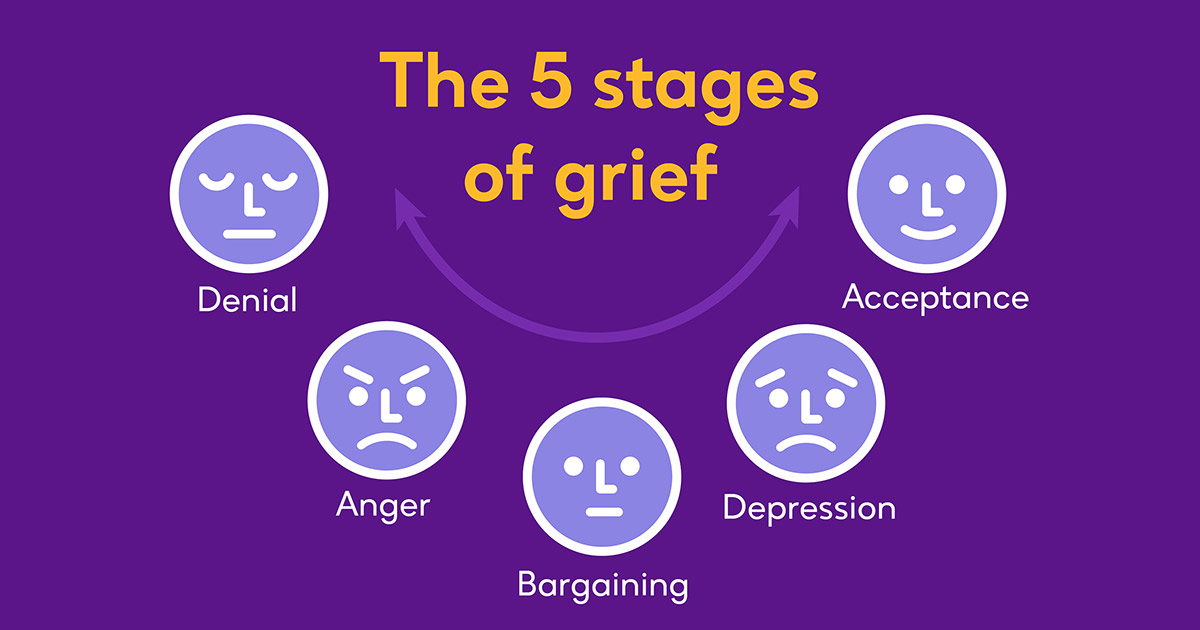Grief – Understanding and Coping with Loss
Learn about grief, its stages, symptoms, coping strategies, and when to seek help from a mental health professional.
What is Grief?
Grief is a natural emotional response to loss. It occurs when someone or something you love is taken away. You may feel shock, anger, guilt, or profound sadness. Grief can also affect physical health, making it hard to sleep, eat, or think clearly.
Grief is not limited to death. It can be triggered by:
- Divorce or breakup
- Loss of health, job, or financial stability
- Miscarriage, retirement, death of a pet
- Serious illness of a loved one, loss of friendship
Even subtle changes, like moving, graduating, or changing jobs, can trigger grief.
The Grieving Process
Grieving is highly individual and takes time—weeks, months, or even years. Patience is key.
The 5 Stages of Grief:
- Denial: “This can’t be happening to me.”
- Anger: “Why is this happening? Who is to blame?”
- Bargaining: “If this doesn’t happen, I will ____.”
- Depression: “I’m too sad to do anything.”
- Acceptance: “I’m at peace with what happened.”
Physical symptoms: fatigue, nausea, weakened immunity, weight changes, aches, insomnia.
Coping with Grief
- Acknowledge your pain and emotions.
- Take care of yourself physically and emotionally.
- Seek support from friends, family, or support groups.
- Express feelings through creativity, journaling, or hobbies.
- Recognize the difference between grief and depression.
Should you use antidepressants?
Normal grief generally does not require medication. Antidepressants only relieve symptoms temporarily and may slow the natural grieving process.
When to Seek Professional Help
Consult a mental health professional if you:
- Feel life is not worth living
- Wish you had died with your loved one
- Blame yourself for the loss or not preventing it
- Feel numb or disconnected for weeks
- Have trouble trusting others after your loss
- Cannot perform daily activities


